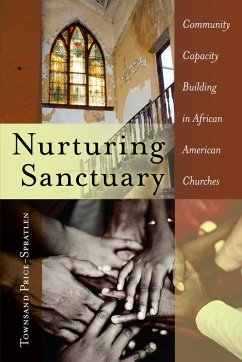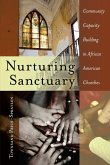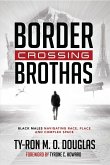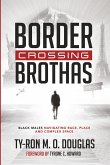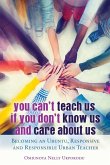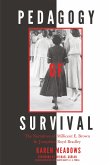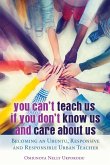How are predominantly African American churches meeting the needs of young people? What resources of, and tensions in, faith leadership are shaping answers to this and other related questions? Nurturing Sanctuary analyzes ways in which the two most vital institutions of the Black experience - families and churches - are working with schools and health providers to respond to contemporary challenges and improve the twenty-first century life chances of African Americans and others. Data were generated from a four-year collaboration of eighteen churches, public health professionals, service learning students, and an interdisciplinary team of researchers. Eighty parents and pastors, and over 400 teenagers in a large, Midwestern city specified strategies of action in their daily lives and how they use them to respond, more and less successfully, to their many life challenges. Nurturing Sanctuary explores three capacity-building themes that emerged and critiques diverse Sacred and secular resources being developed and used. Finally, it specifies innovative best practices that are enriching faith-health relationships among religiously active persons, and all others with whom they interact within and beyond sanctuary walls.

